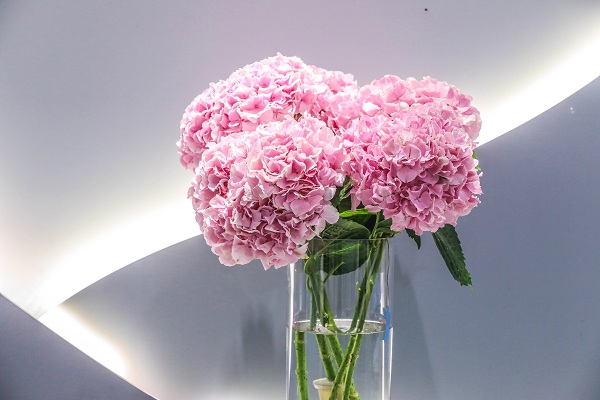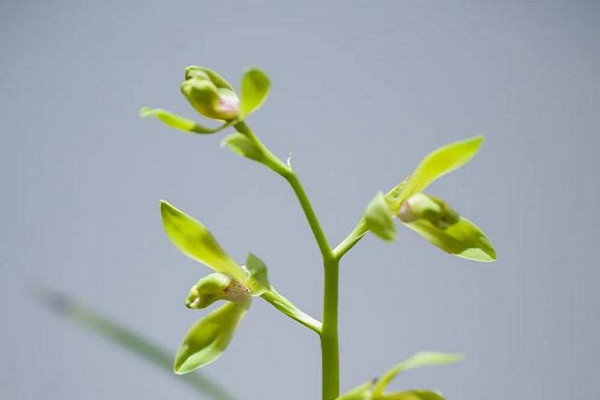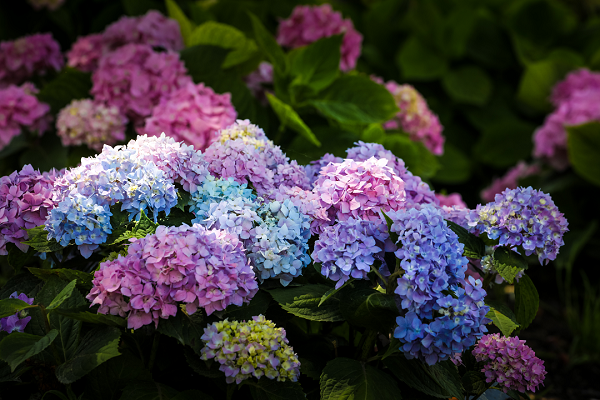
When 60-year-old Su Huiping, a Shanghai embroidery artist, put a nearly invisible silk thread through the tiny eye of a needle, a group of distinguished observers couldn't help but marvel.
As Asia's regional leaders were busy on Wednesday with a security summit in Shanghai, Chinese first lady Peng Liyuan invited her counterparts to enjoy China's traditional arts and culture in the centuries-old Yuyuan Garden.
Along with Peng, the group of women included Azerbaijani first lady Mehriban Aliyeva; Cambodian first lady Bun Rany; Kyrgyz first lady Raisa Atambayeva; and Dariga Nursultanovna Nazarbayeva, the eldest daughter of Kazakh President Nursultan Nazarbayev.
|
Su Huiping, a Shanghai embroidery artist, puts a nearly invisible silk thread through the tiny eye of a needle as Chinese first lady Peng Liyuan (second from left) and her counterparts watch at the Yuyuan Garden in Shanghai on Wednesday. Huang Jingwen / Xinhua |
Su, an expert in Gu embroidery, was one of the several folk artists invited to present their unique skills to the women.
Gu embroidery, which originated during the Ming Dynasty (1368-1644), is a style of needlework with silk thread on cotton pieces that duplicates famous paintings and calligraphy.
When Aliyeva heard that a lappet thread can actually be divided into more than 200 strands of thinner silk thread, she wondered how one can pick up something so fine and put it through a needle eye.
Su, who has been practicing the craft for 42 years, completed the task with ease - within a second - earning an appreciative reaction from her audience.
Su told the women that the thinner threads are used to present the wings of birds or the tails of fish in the picture to show lightness.
Nazarbayeva asked how many stitches Su needed to complete the embroidered image of the small bird Su was working on. The answer: countless.
Gu embroidery is part of the country's protected non-material cultural heritage, one of many Chinese cultural treasures that Peng wanted to share during the hour-long visit in the garden, also known as the Garden of Happiness. It features rocks, ponds, pavilions and towers.
The women also marveled at the creations of tie-dye artists, who turned cotton cloth into colorful pieces with the help of different herbal plants.
Later, a performance of Kunqu Opera, tai chi and Peking Opera won much applause from the group.
Xu Zhenlu, who participated in the performance, said it is really meaningful to showcase China's traditional arts to foreign guests.
As more foreign people learn about local traditional arts, more such exchanges will help promote better ties with foreign countries, Xu said.
wujiao@chinadaily.com.cn
(China Daily 05/22/2014 page3)


